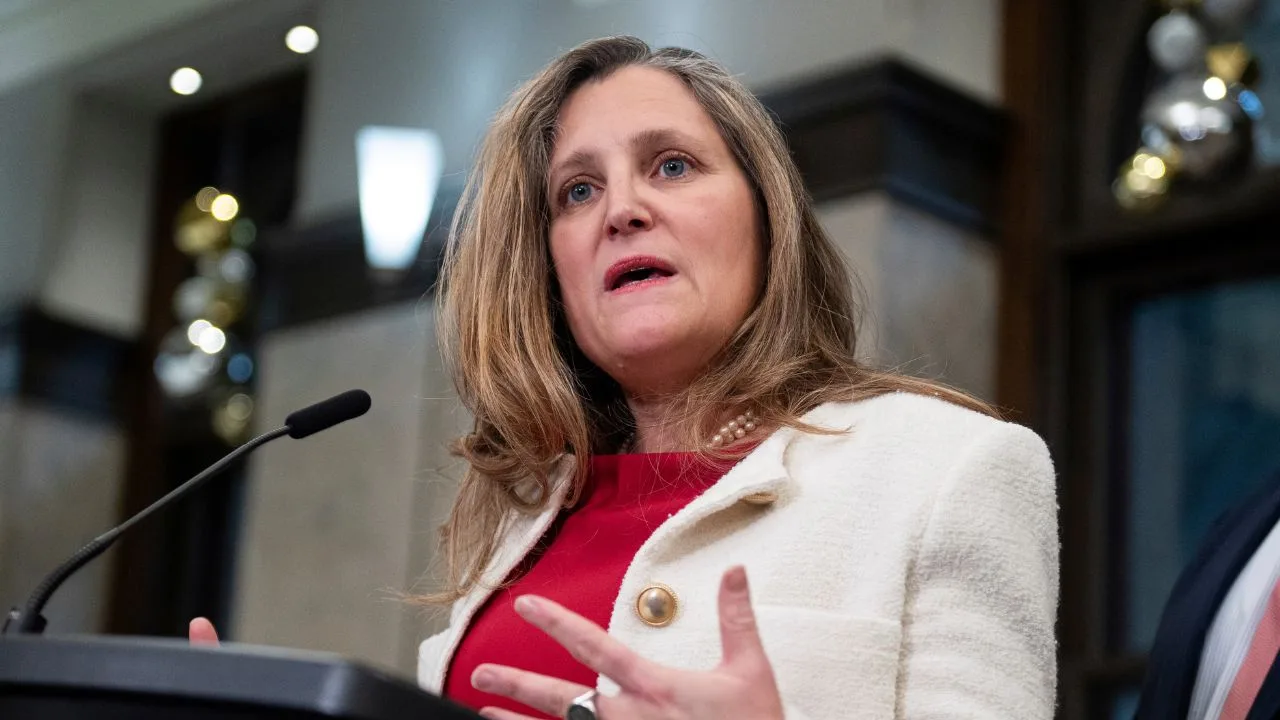In a significant political upheaval, Canadian Finance Minister Chrystia Freeland has announced her resignation, marking a tumultuous period for Prime Minister Justin Trudeau, who is grappling with declining popularity. This development comes as Trudeau faces unprecedented challenges in his political career, some analysts noting that this situation escalates his struggles amidst an economic downturn and rising inflation that has marred his administration. Trudeau’s leadership, previously known for its progressive values and ambitious economic agendas, is now under intense scrutiny. Polls indicate that his government’s approval ratings have plummeted, with dissatisfaction over economic management being a primary concern. ‘We have to take a step back and let new voices emerge,’ Freeland stated in a press conference, underscoring the need for a renewed approach to governance in Canada. Additional pressure on Trudeau mounts with the ongoing speculation about a potential resurgence of Donald Trump in American politics, complicating cross-border relations and economic strategies with the U.S. The resignation of Freeland, seen as a key player in navigating Canada’s fiscal policies, could lead to further instability within Trudeau’s cabinet, which many view as crucial for overcoming the current crises. Political experts are now closely watching how this shake-up may affect the ruling Liberal Party’s strategies ahead of upcoming elections, alongside insights into whether this turmoil will alter public perception of Trudeau’s leadership capabilities and policy initiatives. The political landscape in Canada is undoubtedly shifting, and many are left questioning how Trudeau will respond to these pressing challenges moving forward.
Canada’s Finance Minister Resigns as PM Trudeau Faces Political Challenges













